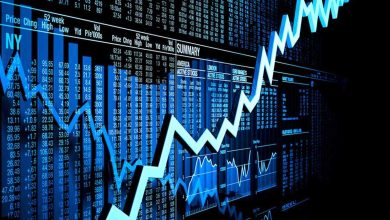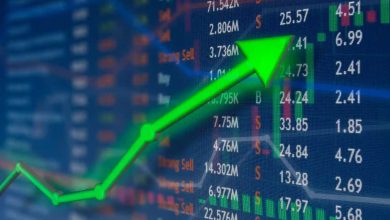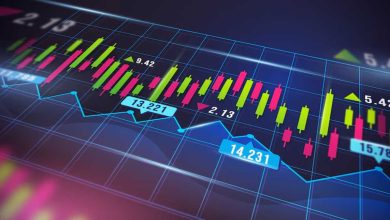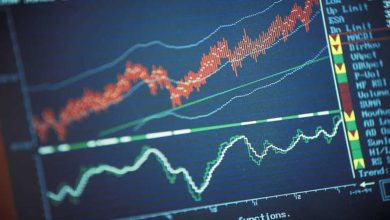The Old Rules Are Gone. A Battle of Big Ideas Is Shaping Our Future.
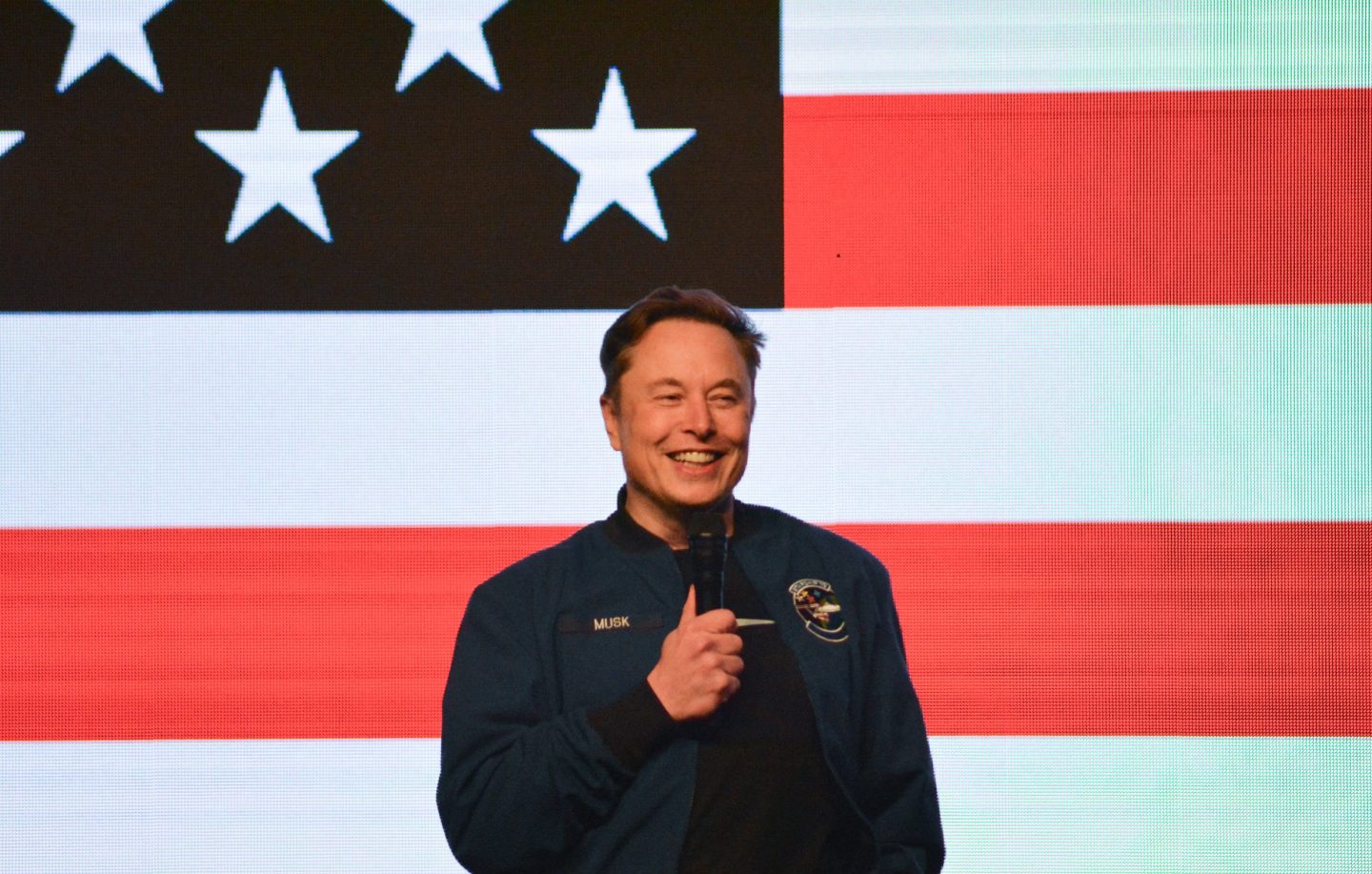
The long-standing rulebook for the American economy is being tossed out, making way for a once-in-a-generation opportunity to build something new. The era of the “Washington consensus,” defined by free trade and fiscal discipline, is giving way to a dynamic and wide-open debate about our nation’s future.
This massive shift is what political economist Mark Blyth calls a “full reboot” of the global economy, “the likes of which we have not seen in nearly a century.” While it may feel disruptive, this moment signals an end to the illusion that we can simply “snap back” to the world of the past. Instead, we are being challenged to innovate.
And the new ideas are coming from every corner.
This isn’t just a debate between traditional Democrats and Republicans anymore. Tech titans like Elon Musk and OpenAI CEO Sam Altman are jumping into the arena, signaling their frustration with the old two-party system. Musk has announced the formation of the “America Party” to fight government waste, while Altman is championing what he calls “techno-capitalism”—a bold vision to massively grow the economic pie and then find innovative ways to share the prosperity with everyone.
“I’d rather hear from candidates about how they are going to make everyone have the stuff billionaires have instead of how they are going to eliminate billionaires,” Altman stated, challenging leaders to focus on universal abundance.
This widespread reevaluation is also sparking a vibrant debate within the Democratic party itself. In California, Governor Gavin Newsom is championing an “abundance agenda,” cutting red tape to make it easier to build housing and spur growth. Meanwhile, in New York City, rising stars like Zohran Mamdani are pushing for a progressive populism that prioritizes community-led initiatives like city-owned grocery stores and a higher minimum wage.
These competing visions—from MAGA’s focus on American manufacturing to Silicon Valley’s futuristic goals of automation and space exploration—are not signs of chaos. They are signs of a healthy, dynamic society grappling with the biggest questions: What is our economy for, and who should it serve?
As Blyth powerfully concludes, this new economic order is still being formed. It is not yet fixed, which means it “can still be shaped.”
The good news is that the future isn’t set in stone. For the first time in decades, the conversation is wide open, and everyone—from tech visionaries to local activists—is bringing their boldest ideas to the table. Time is of the essence, but the opportunity to build a more prosperous and equitable future is here for the taking.
